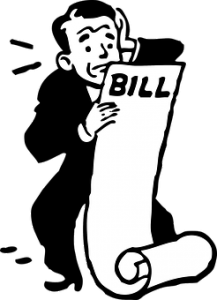The Relationship Between the New Jersey Construction Lien and Federal Bankruptcy Law
 In the case of In re Linear Electric Company, Inc., the Third Circuit was presented with whether construction liens filed by a supplier under New Jersey law were valid and enforceable against a contractor who filed a petition for Chapter 11 bankruptcy protection prior to when the construction liens were filed.
In the case of In re Linear Electric Company, Inc., the Third Circuit was presented with whether construction liens filed by a supplier under New Jersey law were valid and enforceable against a contractor who filed a petition for Chapter 11 bankruptcy protection prior to when the construction liens were filed.
New Jersey’s Construction Lien Law, N.J.S.A. §2A:44A, et seq., provides contractors, subcontractors, and suppliers with the right of filing a lien for work, services, or materials provided pursuant to a written contract. These protections are limited based on several factors including but not limited to whether the person or entity filing the construction lien is defined as a “claimant” under New Jersey’s Construction Lien law, what the unpaid portions of the contract price is, and compliance with strict time restrictions for filing the lien itself and a subsequent lawsuit based on the lien.
Under the Federal Bankruptcy Code, a debtor who files for bankruptcy is afforded the relief of an automatic stay that prevents most collection actions from continuing including acts to create, perfect, or enforce liens against property. The protections of an automatic stay are broad and expansive but do include several expectations and limitations for certain debts.
 New Jersey Lawyers Blog
New Jersey Lawyers Blog


